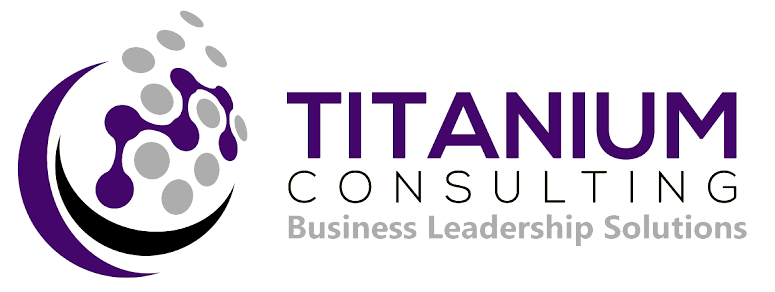HR Business Solutions (Resources and Services)
The role of human resources has evolved beyond traditional personnel management to become a strategic partner in business success. HR resources and services are pivotal to ensuring a skilled, engaged, and diverse workforce capable of driving business performance. They encompass a broad spectrum of functions including recruitment, onboarding, training and development, performance management, benefits administration, and compliance with labor laws. Furthermore, HR is instrumental in fostering a positive organizational culture, managing change, and promoting employee well-being, making it an indispensable asset for any organization.
HR Audit/Assessment
HR Audit or Assessment is vital for new HR departments or organizational managers aiming to understand the strengths, opportunities, and areas requiring focus within their departments. These audits provide a systematic way to prioritize areas of compliance. Such assessment could be comprehensive, covering all aspects, or targeted to specific areas like
- DOT Files,
- Personnel Files,
- Work Comp/Disability, and
- Payroll.
A crucial part of these audits involves evaluating various documents, including the Employee Handbook, Policies/Procedures, and Forms, to ensure they align with current regulations and business needs.
Onboarding and Separation Procedures
- clear exit policies,
- checklists,
- termination and payroll forms,
- exit interview templates, and
- carefully planned communications, such as acknowledgment letters, separation notifications, and follow-ups.
Culture Building
Culture Building forms the foundation of any successful organization. It includes strategic initiatives like
- Succession Plan Development,
- Stay Interviews, and
- Culture Renovation.
A well-thought-out succession plan helps organizations prepare for future leadership roles. Stay interviews allow organizations to understand why employees stay and what might cause them to leave. Culture renovation involves revisiting and reshaping the organization’s cultural norms and practices to align with its strategic goals. Lastly, conducting employee engagement surveys and following up with actionable plans is key to boosting employee morale, productivity, and loyalty.
See how we can custom tailor solutions for your business.
